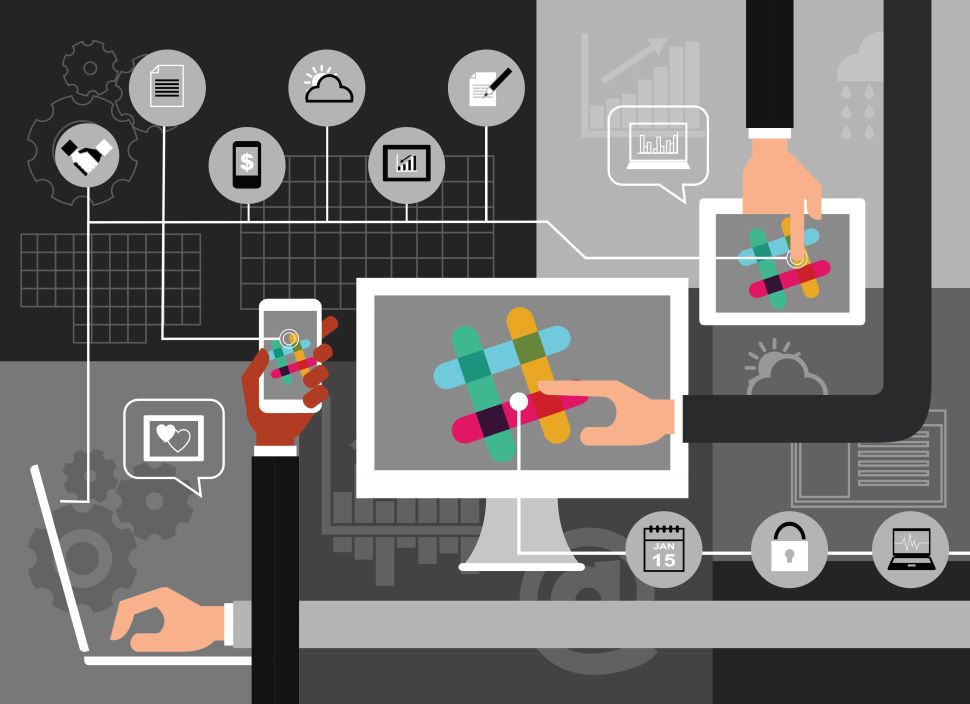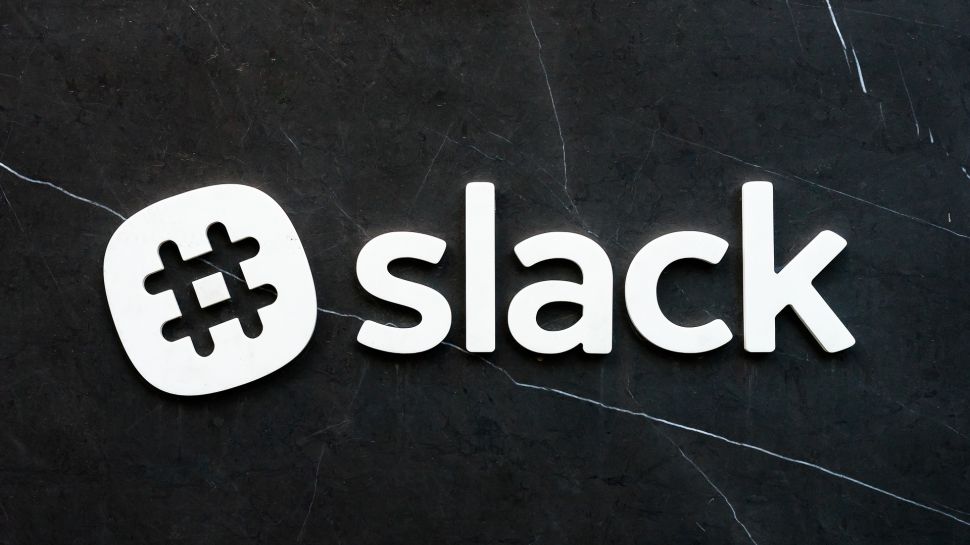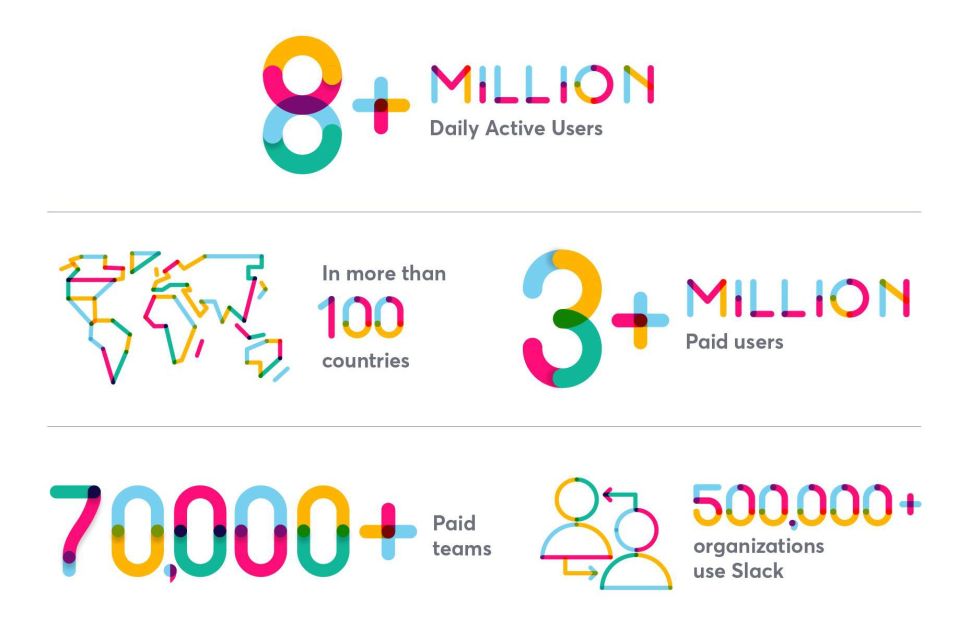
If you have a job that involves sitting in front of a computer, you likely use “workplace collaboration tool” Slack. As a writer who has both a full-time job and a few freelance writing gigs (like this one), I not only use Slack, but I often also have as many as five active Slack “workspaces” going at any one time.
But I’m not so sure this is a good thing.
Don’t get me wrong, I recognize the collaborative benefits that Slack brings. It’s ubiquitous technology, too: I have it on every desktop, laptop and smartphone that I use. I get notifications 24 hours a day when I’m mentioned in a chat. I can check in with what I missed, if I happen to miss a day of work. I can send files to workmates. I can call them. I can tag them with important messages that I know they’ll see soon.
Subscribe to Observer’s Business Newsletter
In May, Slack hit eight million daily users. Three million of those users are paid, and the Canadian company is now said to be worth more than $5 billion. That makes it one of the largest productivity software companies in the world. That also means that if you have a job that involves using a computer, chances are you must use Slack, just like you must get an email account.
On first glance, a lot of these things sound useful. But I’m not sure they really are good. Here’s why I am iffy on Slack.
Slack’s Pervasiveness Doesn’t Necessarily Mean Productivity
When I sit down at my desk in the morning, I launch my email client, a web browser, a word processor, a spreadsheet and now slack, as well. Throughout the day, I must make strategic decisions about where to communicate work-related items: is it something formal? Perhaps I should use email. Is it a meeting? I should set up an appointment in a calendar app. Is it more casual conversation, or something for a group project? I suppose I should try Slack. Does it need to be at the attention of a particular person? I best make sure to tag that individual in a specific Slack channel. But what if they don’t see it?
This is problematic: all of it means that Slack has simply added yet another way for people to attempt to get things done. Rather than being an actual productivity tool (like, say, the aforementioned word processor), it adds to the possibility that there is more work to be done. In short, in Slack, all we do is talk about getting things done, rather than actually doing them.
The amount of time we spend managing tools that are meant to enable our digital productivity is enormous. We sort through emails, book meetings and manage conference calls; add or remove items from to-do lists; track project progress in any number of collaboration tools; and then, yes, we talk about all of these things on Slack.

But Does Slack Increase Productivity, or Just Create More Work?
Here’s the real question: for all the time we spend using Slack on a daily basis, does it actually improve productivity?
There isn’t a lot of research or data on the subject because it’s hard to measure productivity. What makes someone productive, and what makes someone more productive than before? And does the time spent using Slack get added or subtracted from one’s productivity, especially if someone is spending time discussing work rather than actually doing work? And if that conversation results in more productivity, how do you measure how much time was saved, or how much more productivity came as a result?

Working Hard, or Hardly Working?
Finally, I have to assume that part of what happens on Slack is that people log in and make it known that they have logged in to create the appearance that they’re being productive. While that may, at first glance, seem as though Slack allows workers to just look like they’re getting something done, there’s another side to the omnipresence of Slack. It creates guilt and fear—guilt that you’re not logged in often enough and fear that you’re not perceived to be working hard if you don’t occasionally make your presence known during off-hours.
It turns out there’s reason to live in fear when it comes to Slack: Slack sends weekly email summaries to administrators (i.e., bosses) that include data about who is most active on Slack, what days people log in, and what hours they’re active.
“The new dashboard,” reported Quartz in July 2017, “which looks slightly different depending on the version of Slack that your company subscribes to, makes it easy to sort team members by the number of days they were active on Slack within a time period, or the number of messages they sent during that time within private channels, public channels and direct messages combined. That makes it easy to see, for instance, who on the team typically logs onto Slack every day, including weekends, or who posts the fewest messages.”
Clearly, “pretending to work” on Slack could get an employee in trouble, but Slack has recently taken its Big Brother spying one step further, giving employers nearly unfettered access to their employees’ private conversations. As of this year, bosses can now request chat logs—even private chats—in special circumstances, such as termination or allegations of workplace harassment.
In other words, you best be logged in, and you best be on your best behavior as often as possible.

What’s the Verdict on Slack? Well, It Depends
All of my complaining aside, it’s clear that collaborative, real-time digital tools like Slack are paving the way for a future in which people can work where they want, when they want and on multiple projects. Some call it the “gig economy,” others call it freedom.
In this sense, Slack could be considered a positive force. If, after all, people are getting more done in more flexible ways, everyone wins. Right? But is Slack actually creating a healthy work environment? Or is it merely an on-call, “did you see my message?” force that draws people back to their workday responsibilities at any hour, on any day.
After all, we work and use technology to afford us the free time and money to do things other than work—be with family, explore our interests and grow as individuals. Slack has already blurred that line. Here’s hoping the next wave of integral workplace technology doesn’t obscure the line any further. Collaboration and productivity are great; work burnout, not so much.

